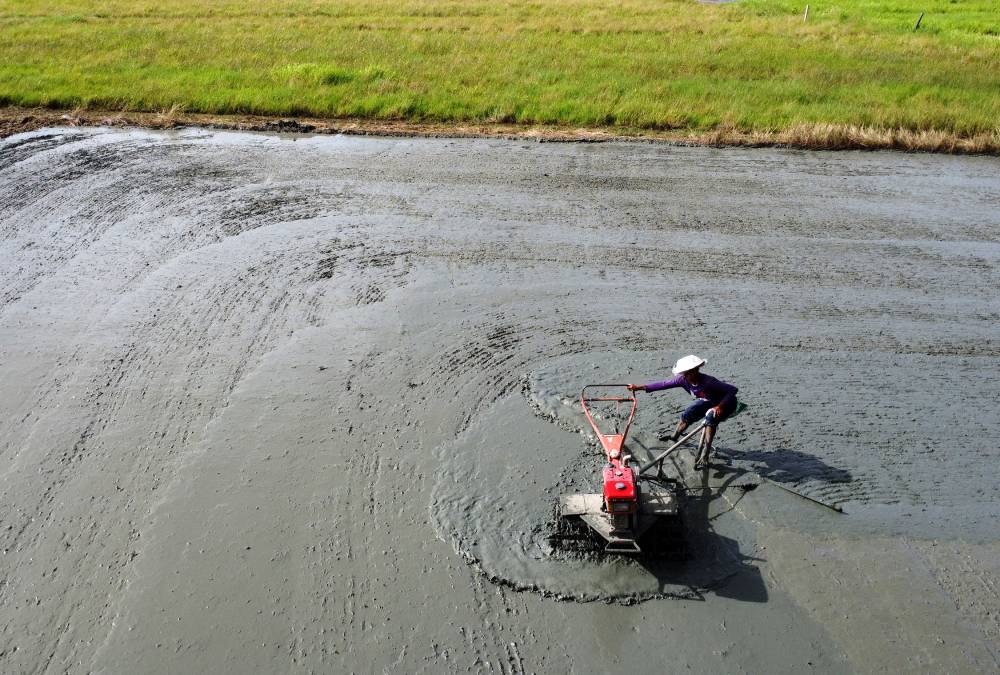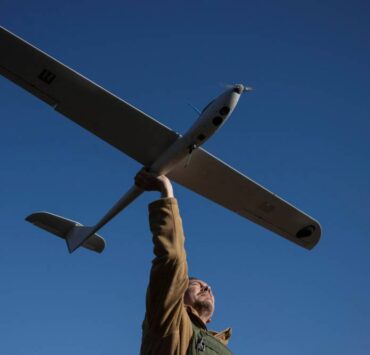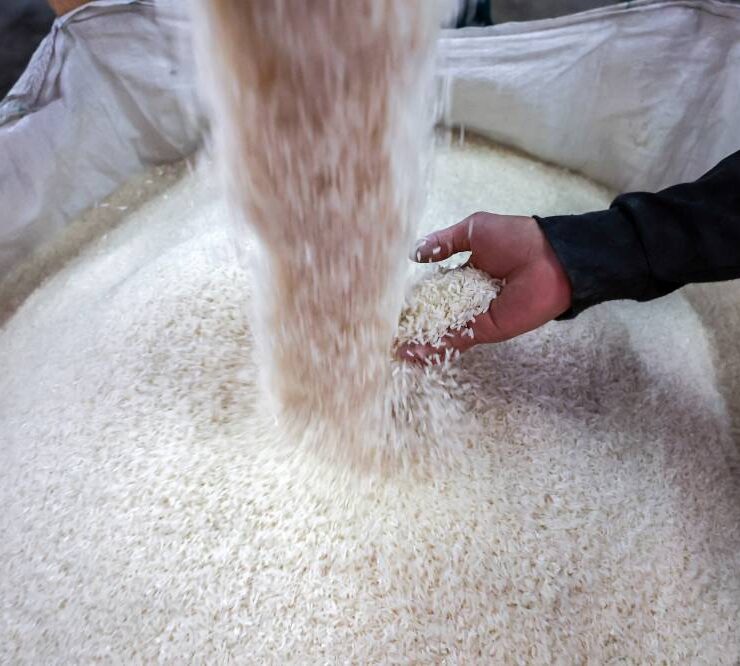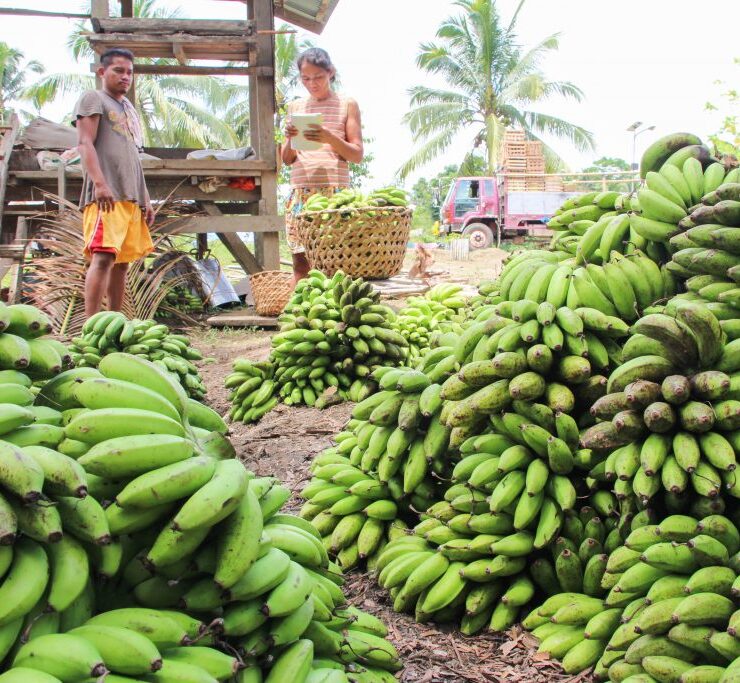UP offers AI tools to help agri sector

The University of the Philippines is harnessing artificial intelligence (AI) to further study vaccines against African swine fever (ASF) and determine the best ways to manage the country’s fish population.
Homer Pantua, president of biotechnology firm BioAssets Corp., said machine learning, a subfield of AI, can boost the ability to study viruses such as ASF to prevent the spread of viral diseases or outbreaks.
He said machine learning enabled them to analyze the evolution of ASF, which has dramatically reduced the country’s hog population since the recording the first outbreak in 2019.
“We propose that machine learning-guided applications can help support vaccine research and also help in making careful analyses of the virus origin and evolution,” said Pantua, also an adjunct faculty of the UP Los Baños’ Institute of Biological Sciences, during the AI Horizons PH ’24: Conference on AI-Powered Research and Innovation held in Taguig City.
“From a vaccine development-centric point of view, we can use machine learning to generate data that will guide in identifying some vaccine candidate,” he added.
Aside from the absence of widely accepted, safe and effective vaccines, Pantua identified other gaps in the ASF research: optimized and harmonized protocols for sample collection, whole-genome sequences (the process of determining the complete DNA sequence of an organism) for further studies, and discovery and evolutionary analyses.
Laura David, director of the UP Marine Science Institute, said the Fish-I project enhanced the country’s sustainability capacity and effectively managed its marine resources through AI.
Fish-I, equipped with a semi-automated fish census system, generates the following information: species identification, population density and biomass estimation from raw input. Currently, this technology has been tested in more than 50 sites nationwide.





















